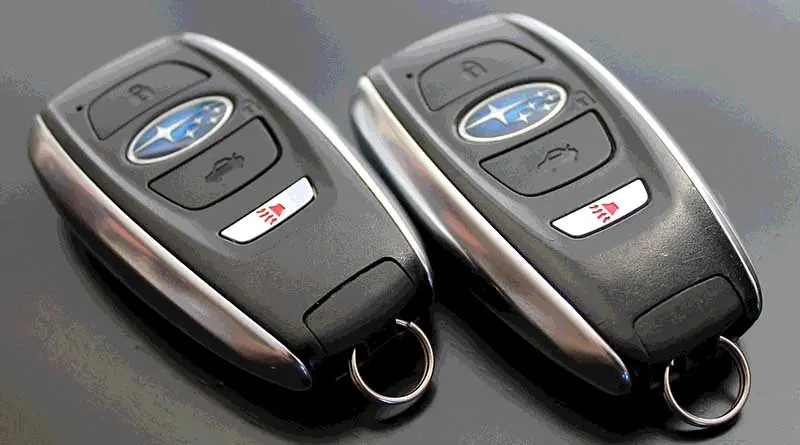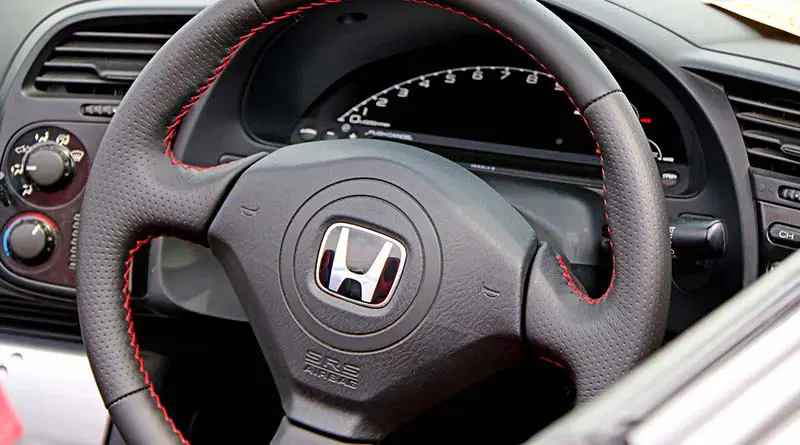Here’s a complaint you don’t see every day. It comes to us by way of Alex Johnston, who was flying from San Francisco to Charlottesville, Va., via Washington on United Airlines.
“We boarded our flight in San Francisco on time,” she remembers. “But shortly after beginning our taxi, the pilot announced that we would be delayed 45 minutes to an hour on the runway because Air Force One was in front of us, flying the same route, so we must wait and allow them the space and time they needed.”
Of course, there’s a good reason for keeping a minimum distance between Air Force One and other air traffic. There have been several close calls between the presidential aircraft and other planes in the past.
United’s response to air traffic control delay
But Johnston was worried that with a one-hour delay, she’d miss her connecting flight to Charlottesville. Even with an on-time arrival, she would have had barely an hour to make her connection.
When the Johnstons arrived in Washington, they had just minutes to make their flight. And they weren’t alone: 12 other passengers from San Francisco — nearly half of the passengers on the puddlejumper to Charlottesville — needed to make the flight, too.
“They were all sprinting from our arrival gate to our departure gate,” she says. “We all arrived at 10:02 to find out that the plane left 10 minutes ago — 11 minutes ahead of schedule.”
She asked United to help her get to Charlottesville.
“The customer service representative informed me that the only thing she could do was rebook us for a flight tomorrow evening or refund the cost for that leg of our trip,” she says. “Either way, no compensation would be provided for a hotel or rental car because the delay was an air traffic control delay, not a United problem.”
Indeed, Rule 24 of United’s contract of carriage (PDF), the legal agreement between her and the airline, defines a “force majeure” event as, “any event not reasonably foreseen, anticipated or predicted by UA.” Presumably, that would include giving Air Force One a little space.
Frustration and limited recourse
The Johnstons didn’t want to spend the night in Washington.
“After arguing back and forth a bit, I gave up and we ended up having a family member drive 90 miles to pick us up to pick up another family member’s car to drive another 150 miles home that night,” she says.
She emailed United’s customer service department the next day, but received a form response offering to refund the unused leg of her flight, but offering no further compensation.
“Short of writing to the White House, I am at a loss of what to do,” she says.
United doesn’t owe her anything, according to its contract. Then again, its contract lets the airline do more or less whatever it wants to in this kind of situation.
Debating responsibility and accountability
The “early” departure doesn’t look as suspect to me. Most flights will close their doors 10 to 15 minutes before they’re scheduled to leave in order to have an “on time” departure. I’m a little surprised that United wouldn’t hold the plane when half the passengers were trying to make that connection. Maybe it made more sense to refund the last leg for them than to have a delay. (Related: Will United Airlines refund your voucher if it stops flying from your hometown.)
I guess the only thing I might argue with is that the presence of Air Force One is not “reasonably foreseen, anticipated or predicted.” I think United should have expected this delay and made any necessary adjustments to its schedule. (Here’s our guide on how to get a refund on a non-refundable airline ticket.)
I had the privilege of visiting United’s control center in Chicago last summer. I believe the airline certainly has the technology and resources to know better. Still, if this was a flight delay the airline could accept the responsibility for, the most the Johnstons could have hoped for would be a hotel and meal voucher — which would now be too little, too late.




